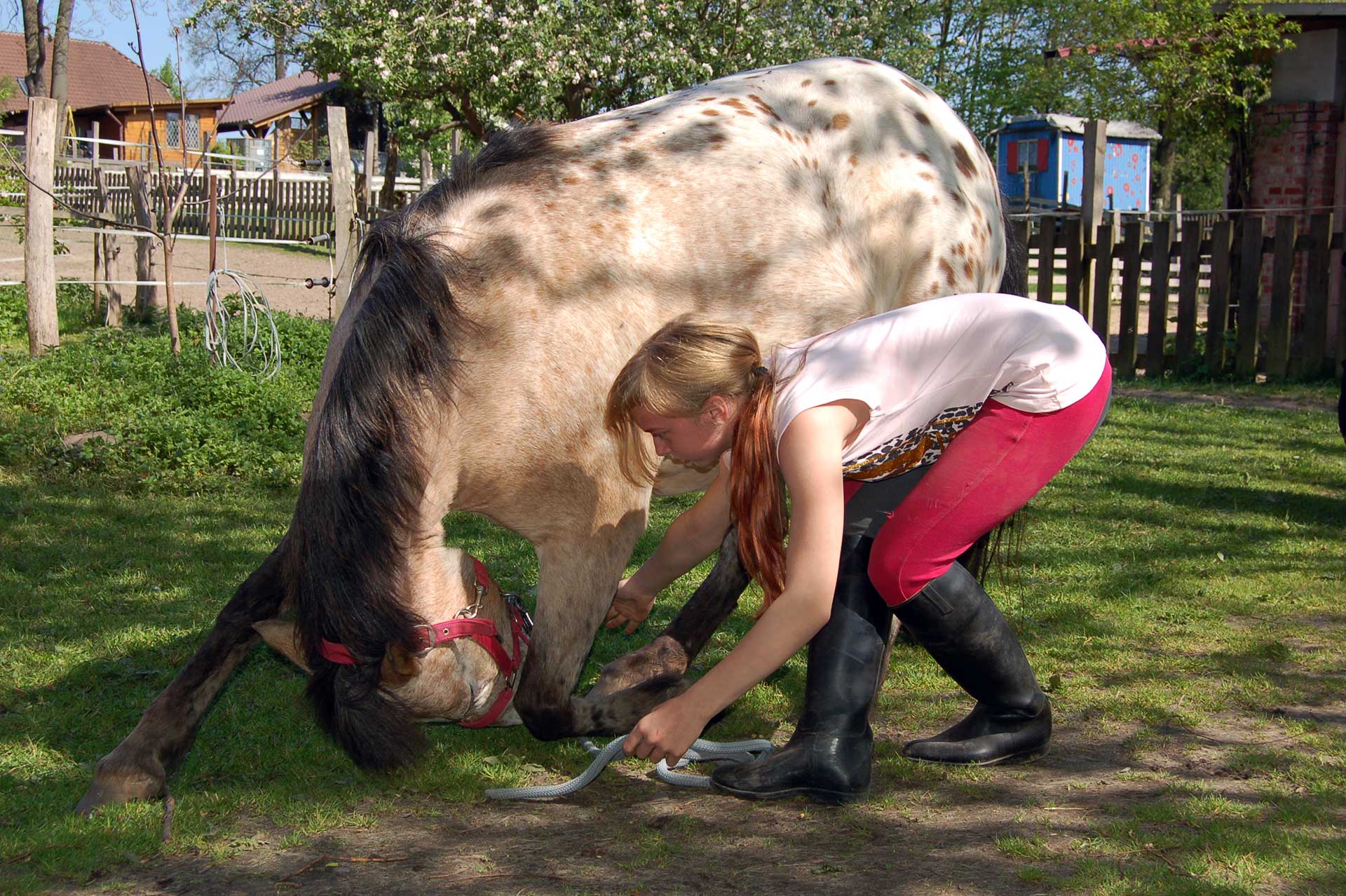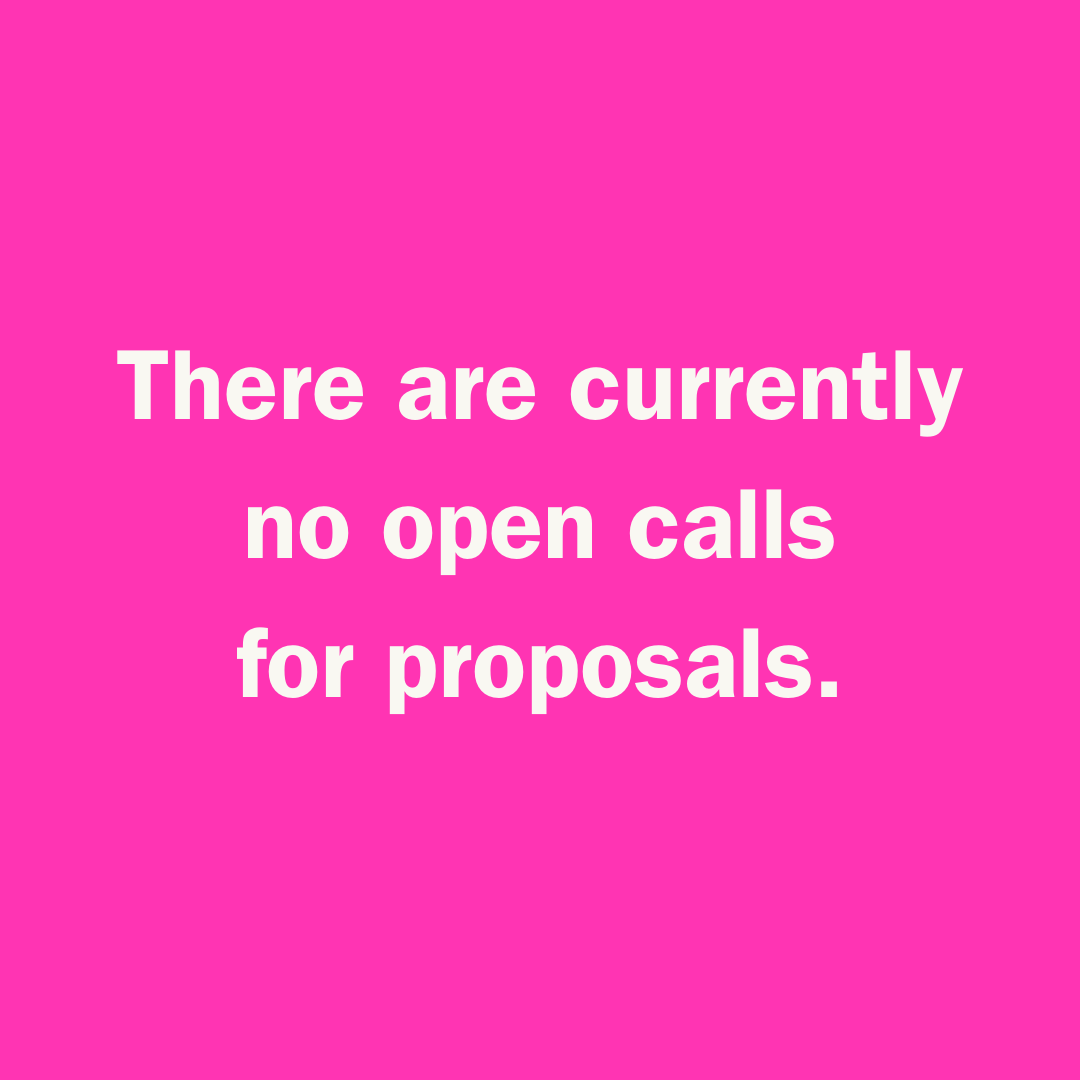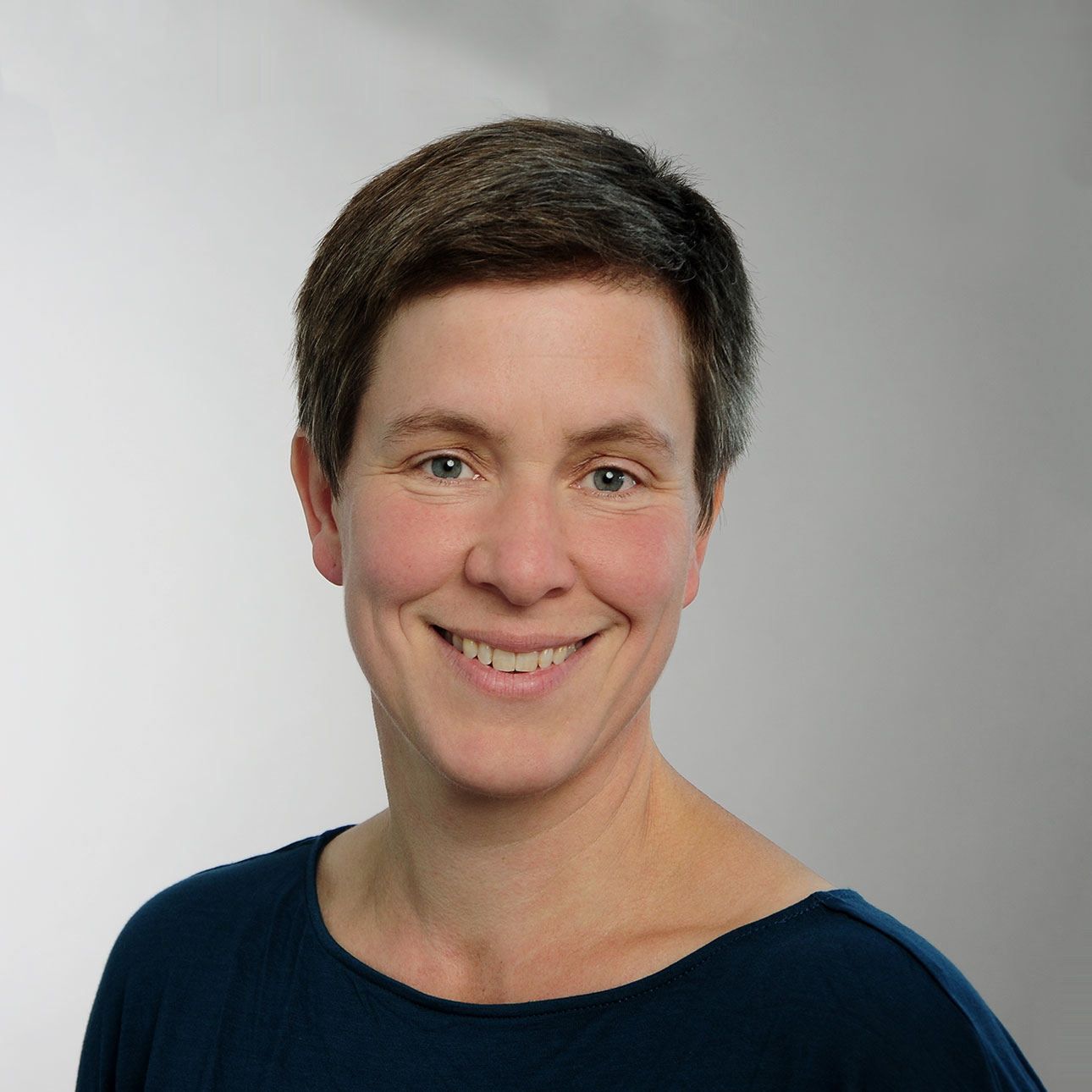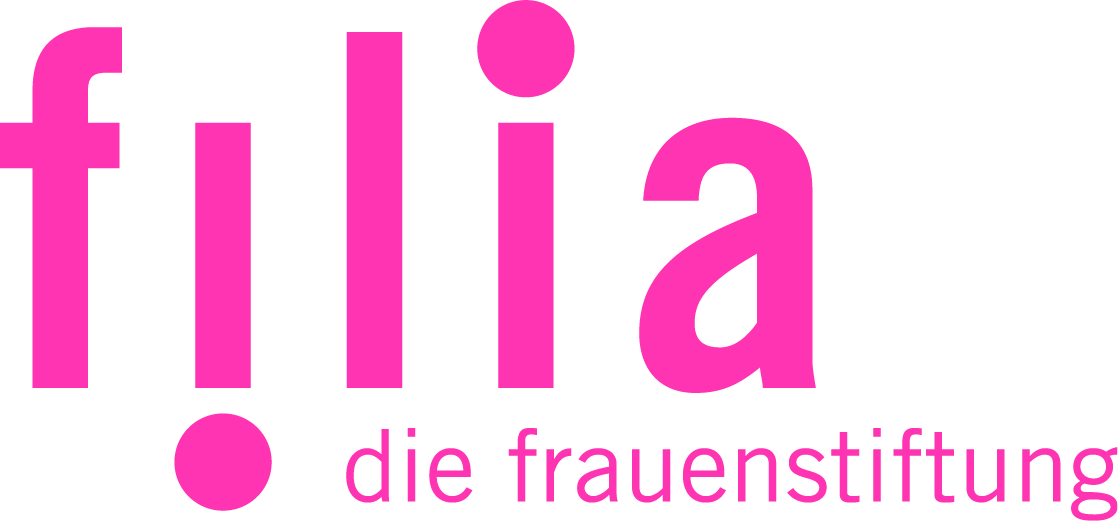filia’s grantmaking strategy
filia supports women, girls and LBTIQ+ who might be subjects of multiple discrimination
“We feel especially obliged to women who are exposed to discrimination not only because of their gender but also because of their skin colour, their origin or their sexual orientation.”
(From the preamble 2001)
The founders of filia specified in the statutes for which women and girls the fund is primarily thought, namely for those who face multiple disadvantages due to various aspects:
Gender PLUS skin colour
Gender PLUS age
Gender PLUS social background
Gender PLUS sexual orientation
Gender PLUS handicap …
filia exclusively supports non-profit and/or state-recognized women and girls organizations.
Being able to have a say and live free from violence
One out of three women experience violence because of their gender during their lives. Women, girls and LBTIQ+ who face multiple discrimination are at a higher risk of experiencing violence.
Violence against women, girls and LBTIQ+ is a violation of the human right to physical integrity. Violence against women, girls and LBTIQ+ is a complex problem that needs to be addressed at many levels. The UN Research Institute for Social Development UNRISD recommends the following strategies in its Policy Brief 21 of March 2016: Support women in exercising their right to political participation and expression, strengthen women’s movements, provide funds (especially longer-term), educate women and girls about their rights and improve their access to justice, enable intergenerational learning between activists, engage with the media.
All of this is what filia’s project partners do: For example, they lobby local governments, conduct trials before the European Court of Human Rights, create and distribute brochures about women’s rights, perform plays against restrictive gender images, launch campaigns against domestic violence and so-called hate crimes. filia promotes all these projects under the focus “Freedom from Violence”.
Just as violence restricts and prevents their free development, there are structural and cultural disadvantages that make it difficult for women, girls and LBTIQ+ to raise their voice(s), interfere and participate in social decisions.
Under the focus “Participation” filia promotes projects in which women, girls and LBTIQ+ organize themselves and network with each other, make their perspective visible, loudly represent their rights and take their place at the tables of power.
filia is particularly committed to the participation of girls, young women and LBTIQ+ in civil society. The UN Convention on the Rights of the Child defines participation as a human right of children and young people. Children and young people are often the target group of foundations in Germany – but hardly any of them include them as decision-makers. A study by Children for a better world e. V. on children’s advisory boards shows various models of participation that work – filia’s girls’ advisory Board is one of them.
In 2020, we have added a participatory funding program to our repertoire: in the Empowerment Program for Refugee Women*, an advisory board consisting of refugee women* also helps to decide on the allocation of funding.
Women, girls and LBTIQ+ worldwide
So far, filia has made possible over 534 self-determined activities and projects of women, girls and LBTIQ+ in 51 countries in different parts of the world. (as of 2020)
The majority of our funding goes to projects outside Germany Because that is exactly what we have been aiming for since filia was founded: to redistribute money from the rich North. filia focuses on funding feminist projects in Central and Eastern Europe as well as in the Global South. In Germany, the funding flows almost exclusively into our empowerment programs for women, girls and LBTIQ+ facing multiple discrimination
Supporting impulses, strengthening strategic planning: this is how filia provides funding
The strategic funding supports women’s organizations and their projects with higher funding amounts over several years. The partners can use these funds flexibly and according to their needs. In most cases, it is not easy to apply for such funding, but filia invites partners to apply. Regions: Germany, Central and Eastern Europe, Global South.
The impulse funding aims to give impulses through mostly open calls for proposals. In this way, we get to know new partners. filia pays particular attention to initial funding for small women’s organizations (grassroots groups) and to supporting rather unconventional activities. We publish the calls for proposals on our website and circulate them via our social media, among other channels.
filia’s Impulse Funding Regions

Funding in Germany
In Germany, filia supports women, girls and LBTIQ+ through its two empowerment programs that take participatory approaches.
Participation und Empowerment for girls, young women and LBTIQ+
The MädchenEmpowermentProgramm (MEP) has been in existence since 2012 and exclusively supports projects by and for girls, young women and LBTIQ+. The Girls’ Advisory Council consisting of 12 young women and LBTIQ+ between the ages of 14 and 24 decides once a year which projects will be supported. The young women and LBTIQ+ have experienced discrimination themselves in different ways. They contribute with their knowledge and experience to the discussions and decisions about which girls’ projects in Germany should be supported by filia.
Strengthening the self-organization of refugee women and LBTIQ+
Since 2020, filia in Germany has also been supporting projects by and with women and LBTIQ+ that have experienced fleeing. In this empowerment program (EFF), there is also an advisory board that is involved in the selection for project funding. The advisory board discusses the project applications and decides on the allocation of funding. In this program too, it is important for filia that it is not the foundation’s employees making the decisions on which projects should receive funding, but women and LBTIQ+ who themselves have experienced fleeing and migration.
Funding in Central and Eastern Europe
Focus on women and LBTIQ+ in Central and Eastern Europe
In a world that is constantly changing, filia promotes. In 1989, walls, systems and structures collapsed in many countries of Central and Eastern Europe. Since filia was founded in 2001, the fund has focused in particular on the situation of women and LBTIQ+ in these countries. From the very beginning, it has used the new opportunities for movement and encounters to financially support activists in strengthening feminist structures in their countries.
The transformation processes in the countries of Central and Eastern Europe are very different, they are neither linear nor complete. As we can currently observe almost worldwide, strong nationalist and fundamentalist movements as well as right-wing populist or right-wing extremist governments in Central and Eastern Europe, are causing a deterioration in the prospects of many women, girls and LBTIQ+ for a self-determined life and the fulfilling of their human rights: fundamentalism is expanding at the expenses of women’s, girls’ and LBTIQ’s rights; armed conflicts prevent emancipatory developments; rigid legislation restricts the scope of action of civil society and makes financial support more difficult.
Funding Global South
Since its foundation in 2001, filia has been promoting feminist structures in countries in the so-called Global South. Cooperation with women’s funds and women’s organizations in these countries enables filia to act in solidarity and redistribute money. Our goal is to use funding from Germany to support the self-determined work of feminist activists.
filia raises money for women, girls and LBTIQ+ in the Global South
filia also uses its own funds specifically to leverage larger sums. For example, together with the Lesbian and Gay Association of Germany (LSVD), it succeeded in implementing an extensive multi-year project to strengthen and network lesbian activists in southern Africa: Masakhane. The project was funded by the German Federal Ministry for Economic Cooperation and Development (BMZ), the own contribution to the project funds is financed by filia.
Networking is important
The international networks in which filia is active, plays a central role in our international work. For example, annual meetings of the Prospera International Women’s Funds Network, of which filia is a member, are held. This is supplemented by monthly video conferences. The meetings enable us, as well as the other women’s funds, to learn and exchange information about how the situation for women and LBTIQ+ is changing in the respective countries. We discuss new and old strategies to learn and develop project ideas.
Current funding distribution
filia has so far enabled over 340 self-determined activities and projects of women, girls and LBTIQ+ in 40 countries in different parts of the world (as of 2020). Approximately 80 per cent of the funds flow to projects worldwide.
Distribution of funding:
In order to provide as many resources as possible for women, girls and LBTIQ+, filia supplements its funds with cooperations with other foundations, ministries and companies. In this way, additional projects can be financed by raising additional funds. In doing so, filia works with partners in Germany and outside Germany.
filia thus develops a different role: While the foundation was originally primarily active in a funding capacity, operational funding has also become filia’s funding practice as a result of the collaborations. Although filia’s role in cooperations with other donors is that of initiator and trigger, filia’s approach to funding remains a participatory one: the focus of fundraising and funding is on supporting the ideas and projects that women, girls and LBTIQ+ themselves develop and implement.
It is important to us that as much money as possible can be used for re-granting within the framework of the cooperation, which means that, e.g., women’s foundations in other countries can pass on funding to small grassroots organizations.

Your Contact
You want to learn more about filias grantmaking strategy? Please contact us.

Nina Hälker
Program Management, Deputy Executive Director
n.haelker@filia-frauenstiftung.de
+49 (0)40 380 381 997
filia’s Funding Regions
Germany
Further information … »
Central and Eastern Europe
Further information … »
Global South
Further information … »


